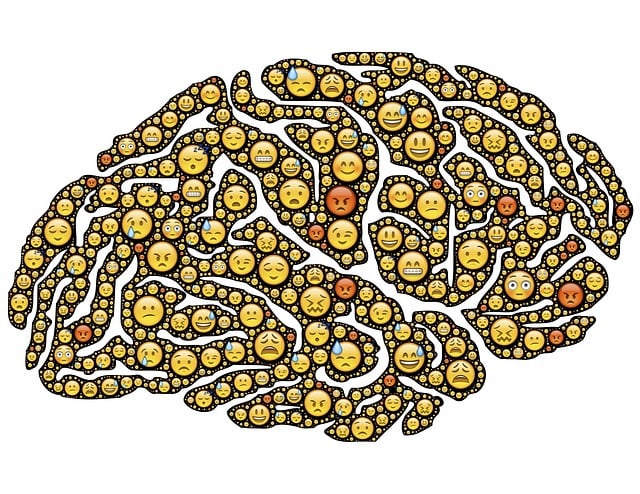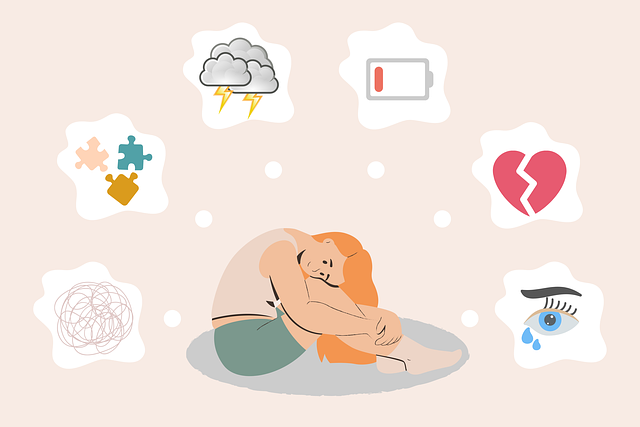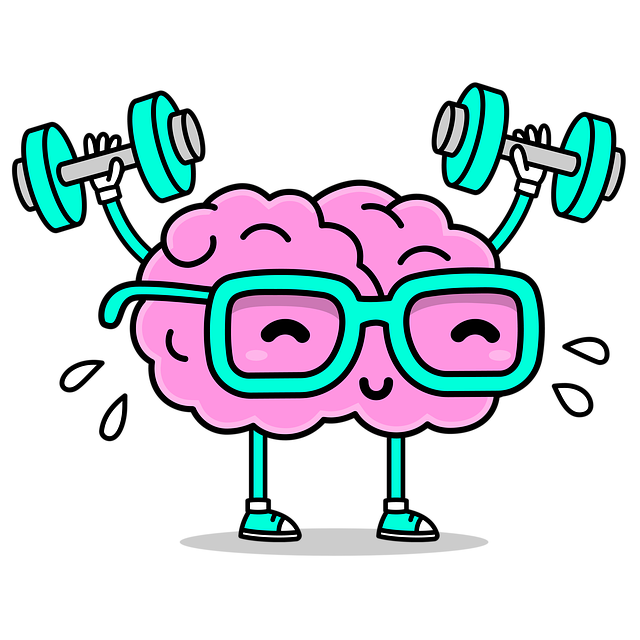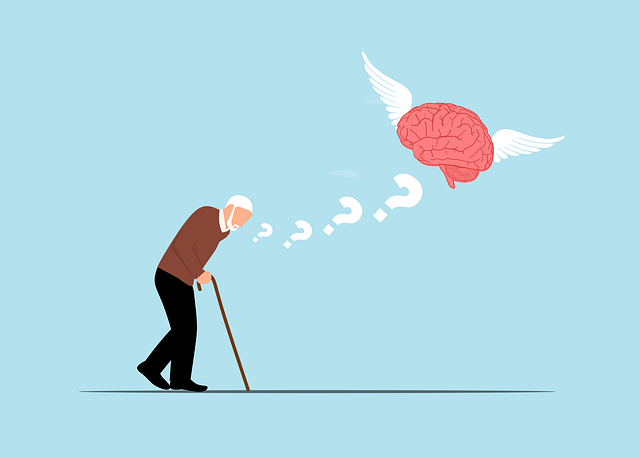Boulder Biofeedback Therapy offers a non-invasive, effective way to manage anxiety by providing real-time feedback on physiological responses, teaching relaxation techniques and stress management strategies. This approach, backed by research, combines mindfulness practices with culturally sensitive mental healthcare for long-term anxiety mitigation. By gaining control over their body's reactions to stress, individuals can reduce symptoms, enhance emotional well-being, and build resilience through daily self-care practices.
Anxiety is a common challenge, but effective management techniques can foster well-being. This comprehensive guide explores various strategies to combat anxiety, from recognizing signs and understanding causes to adopting innovative approaches like Boulder Biofeedback Therapy—a non-invasive method for calming the mind. We delve into practical daily stress management techniques and highlight the power of mindfulness and relaxation for long-term anxiety control.
- Understanding Anxiety: Recognizing the Signs and Causes
- Boulder Biofeedback Therapy: A Non-Invasive Approach to Calming the Mind
- Practical Techniques for Daily Stress Management
- Integrating Mindfulness and Relaxation for Long-Term Anxiety Control
Understanding Anxiety: Recognizing the Signs and Causes

Anxiety is a natural response to stress, but when it becomes overwhelming and persistent, it can significantly impact daily life. Understanding anxiety involves recognizing its signs, which include increased heart rate, rapid breathing, restlessness, irritability, and insomnia. These symptoms can be both physical and emotional, often leading to avoidance behaviors or even panic attacks. Identifying the causes of anxiety is crucial for effective management.
In Boulder, Biofeedback Therapy has emerged as a valuable tool in coping with anxiety. This non-invasive technique helps individuals gain control over their physiological responses by providing real-time feedback about body functions like heart rate and muscle tension. By learning to recognize these cues, clients can develop coping skills that promote relaxation and prevent burnout. Cultural sensitivity in mental healthcare practice is also essential, ensuring that treatment approaches are tailored to individual needs while respecting diverse backgrounds and beliefs.
Boulder Biofeedback Therapy: A Non-Invasive Approach to Calming the Mind

Boulder Biofeedback Therapy offers a unique and non-invasive approach to managing anxiety, focusing on calming the mind and promoting mental wellness. This innovative technique harnesses the body’s natural response to stress by providing real-time feedback about physiological changes during therapy sessions. Through sensors placed on the skin, individuals can visualize their heart rate, muscle tension, and other vital signs, enabling them to learn self-regulation techniques. By understanding these physical indicators of anxiety, people gain valuable insights into their mental health and develop more effective stress management strategies.
The Mental Health Education Programs Design behind Boulder Biofeedback Therapy empowers individuals to take control of their well-being. It encourages a proactive mindset where personal awareness becomes the cornerstone of anxiety mitigation. This approach not only complements traditional therapy but also fosters self-care practices, ensuring individuals have valuable tools to navigate and reduce anxiety symptoms in their daily lives.
Practical Techniques for Daily Stress Management

Incorporating practical techniques into daily routines can significantly contribute to stress management and overall emotional well-being promotion. One effective method is Boulder Biofeedback Therapy, which allows individuals to gain a deeper understanding of their physiological responses to stress. By teaching people how to consciously regulate their heart rate, muscle tension, and breathing patterns, biofeedback therapy empowers them to reduce anxiety symptoms in various situations. This non-invasive approach has proven successful in burnout prevention, enabling individuals to maintain better control over their mental health.
Additionally, daily practices such as mindfulness meditation, deep breathing exercises, and regular physical activity play a pivotal role in stress management. These techniques not only help in the immediate reduction of anxiety but also contribute to building resilience against future stressors. Moreover, focusing on self-care and engaging in activities that foster confidence boosting can further enhance one’s ability to navigate challenging situations with a calmer mindset.
Integrating Mindfulness and Relaxation for Long-Term Anxiety Control

Incorporating mindfulness and relaxation practices offers a powerful strategy for long-term anxiety management. Boulder Biofeedback Therapy utilizes advanced techniques to help individuals gain control over their physiological responses, enabling them to navigate stressful situations with greater ease. By learning to focus on the present moment and cultivate a non-judgmental awareness, one can reduce the impact of anxious thoughts and feelings. This approach is backed by extensive research highlighting its effectiveness in mitigating symptoms of anxiety disorders.
Beyond individual therapy, cultural sensitivity in mental healthcare practice plays a pivotal role in successful long-term management. Understanding and incorporating culturally relevant relaxation methods, such as specific breathing techniques or meditative practices, can enhance the overall efficacy of treatment. Additionally, social skills training has proven beneficial in addressing the social aspects of anxiety, fostering better connections and support systems, which are integral to sustained recovery.
Anxiety management is a journey that requires a multifaceted approach. By understanding the signs and causes of anxiety, individuals can take proactive steps towards relief. Techniques like Boulder Biofeedback Therapy offer non-invasive solutions for calming the mind, while daily stress management practices provide tools to cope with life’s challenges. Integrating mindfulness and relaxation techniques ensures long-term anxiety control, fostering mental resilience and overall well-being.








